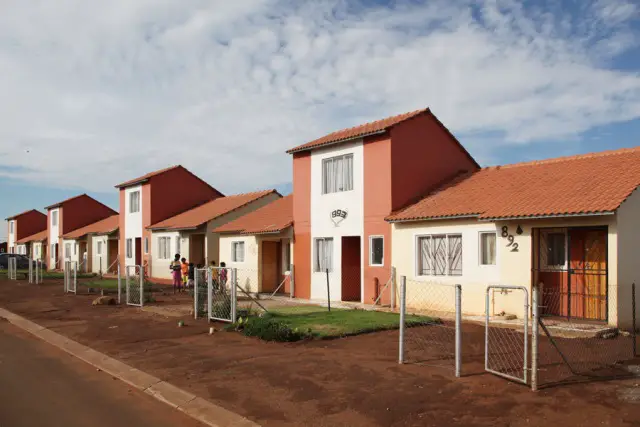US $36M has been committed by then CDC Group to Divercity Urban Property Fund, an affordable housing platform focused on the regeneration of South African cities.
Samir Abhyankar, Managing Director, Head of Direct Private Equity, CDC Group announced the commitment and said the investment will be used in the construction and management of more than 2,500 new residential units predominantly in Johannesburg over the next five years.
The housing development will be built to green building standards, demonstrating both CDC’s and Divercity’s commitment to minimising greenhouse gas emissions and supporting climate change mitigation, in alignment with CDC’s commitment to invest from a climate lens.
Also Read:US $7m Gugulethu housing project in Cape Town, South Africa on track
Housing deficit in South Africa
Upon completion the new residential units will help address the growing housing deficit and issues of spatial segregation in South Africa. The country faces a housing shortage of 2.3 million units.
A significant majority of its lower cost housing is built on the urban periphery, limiting residential options for low and middle-income households to predominantly informal, congested, and low-quality housing on the outskirts of cities. It also impedes access to essential services including schools, healthcare facilities, public transport networks and employment hubs needed for improved social inclusion and living standards.
“Cities in Sub-Saharan Africa are experiencing rapid population growth as an increasing shortage of housing units with low-income populations being particularly affected. With our re-entry as an equity investor in South Africa we are proud to have partnered with Atterbury and Ithemba to set up Divercity as a leading affordable and sustainable housing platform in South Africa. The investment will help promote inclusive growth and enhance social and economic integration in the country. CDC’s patient capital and development expertise can help accelerate growth, improve living conditions and support the livelihoods of low-income and vulnerable households,” said Abhyankar.
80

